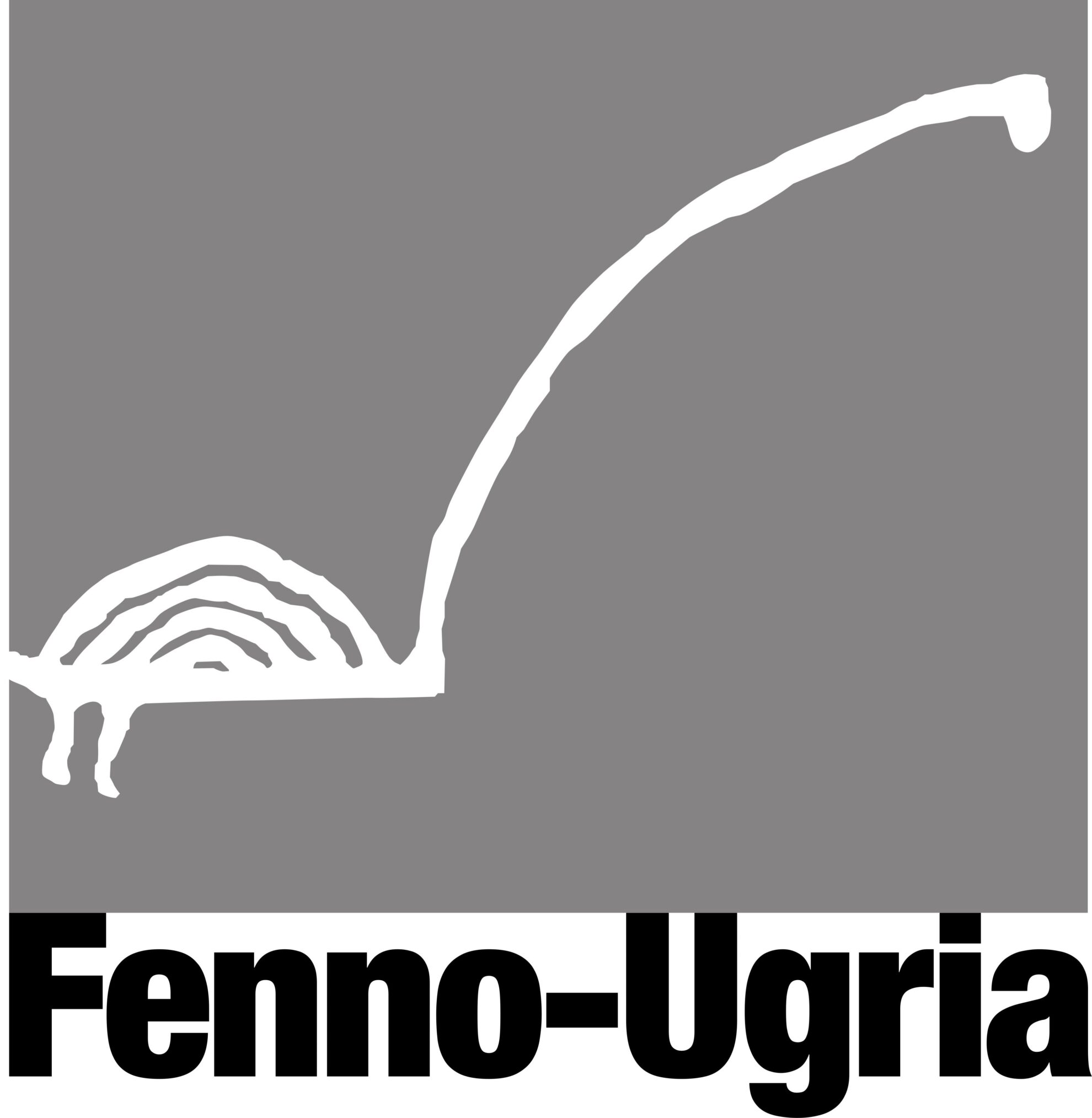
History Since 1991
Finno-Ugric Cooperation Under the Soviet Occupation
History of Fenno-Ugria Since 1991
Finno-Ugric Cooperation Under the Soviet Occupation
Finno-Ugric exchanges did not disappear during the Soviet occupation, even though focal areas and key players changed. In particular, this period witnessed an intensification of academic contacts, with the University of Tartu developing into the top centre of the Finno-Ugric academic world, largely thanks to the leadership of academician Paul Ariste. Tens of representatives of Russia’s Finno-Ugric peoples defended their master’s and doctoral theses in Estonia. Under the supervision of Kaljo Põllu, the Estonian Academy of Arts began organising expeditions to Finno-Ugric peoples while at the Estonian National Museum, Finno-Ugric expeditions were mostly led by Aleksei Peterson, to name just a few examples. On the other hand, words such as “kindred peoples’ movement”, “kindred peoples’ days” and “Fenno-Ugria” became taboos.
At the end of the 1980s, several organisations involved in the cooperation with Finno-Ugric peoples were established in Estonia. Meanwhile, the second national awakening of Russia’s Finno-Ugric peoples was gaining strength. Several national congresses of Finno-Ugric peoples took place, along with the establishment of national societies and umbrella organisations of Finno-Ugric theatre professionals, writers and youth. The intensification and expansion of contacts led to the idea of establishing a central organisation for developing Finno-Ugric cooperation, given that smaller societies lacked capacity for this task.
Fenno-Ugria’s Revival
On April 19, 1991, calls to establish Fenno-Ugria were published in the Estonian newspaper Noorte Hääl by the Estonian Uralic Society, Estonian Mari Society and Estonian Saami Society. Fenno-Ugria’s restoration meeting was held on May 30 at the Institute of the Estonian Language and Literature. In the words of the daily newspaper Päevaleht, “The restoration meeting was attended by 50 institutions, organisations, national societies and associations. Fenno-Ugria is a civil society led organisation and the legal descendant of this independence-era institution, the primary purpose of which was to promote the culture, education and science of Finno-Ugric and Samoyedic peoples.”
A seven-member board was elected with a two-year term limit. Member organisations selected their representatives to the council of the organisation. Currently Fenno-Ugria has 51 member organisations.
Kindred Peoples’ Events
Fenno-Ugria’s flagship activity is the organisation of Finno-Ugrian Days. Since 1991, Fenno-Ugria has been the principal initiator, organiser and promoter of this oldest continuing tradition of the Finno-Ugric world. In addition, Fenno-Ugria has organised or helped organise other major events, including Paul Ariste days (1995), Folklore Conference of Nordic countries and Finno-Ugric peoples as well as a Native Americans’ festival (1996), 6th Folklore Festival of Finno-Ugric Peoples (1997), 2nd History Conference of Finno-Ugric Peoples (1998), Finno-Ugric Childrens’ Folklore Festival “Suveharja Ilo”, ethno-futuristic conferences for Finno-Ugric creative youth (1994, 1998, 2001), Fenno-Ugria 75 Conference (2002), Conferences for Young Finno-Ugric Writers (2001-2003), Indigenous Peoples’ Cultural Festival “Põhjataeva Peegeldused” (2006-2007) and more.
Fenno-Ugria also organizes several smaller-scale events for specialized audiences, including the Finno-Ugric Club – a venue for presentations about Finno-Ugric peoples by scholars and public figures.
Educational and Cultural Contacts
On Fenno-Ugria’s initiative, over 200 Finno-Ugric students from Russia (undergraduate, postgraduate and doctoral) have studied in Estonia since 1991. We have also facilitated the invitation of lecturers of Finno-Ugric languages and history to teach at the University of Tartu and Tallinn University, and have helped dispatch lecturers of Estonian language and literature to universities across the Finno-Ugric world.
In the mid-1990s, Fenno-Ugria contributed to the establishment of cooperation agreements for promoting educational and cultural contacts between the Republic Estonia and the Komi Republic, the Mari El Republic and the Udmurt Republic (Russian Federation). Fenno-Ugria continues to facilitate visits by the Estonian creative community to Russia’s Finno-Ugric regions. Fenno-Ugria also helps to host Finno-Ugric guests in Estonia.
Representation
Since 1993, Fenno-Ugria represents Estonia in the international Consultative Committee of Finno-Ugric Peoples and coordinates Estonia’s activities between World Congresses of Finno-Ugric Peoples. Fenno-Ugria was the main organizer of the 4th World Congress of Finno-Ugric Peoples held in 2004 in Tallinn. Fenno-Ugria is also a member of the Development Cooperation Roundtable and the Network of Estonian Nonprofit Organizations.
Information Work
To collect and disseminate information about Finno-Ugric peoples, a Finno-Ugric Peoples’ Information Centre (SURI) was established in 1993. This Centre began publishing a newsletter about the Finno-Ugric world and developing a website. In 1996-1997 the centre published an English- and Russian-language information bulletin “Uralic Contacts”.
In 2007, Fenno-Ugria developed a new website and Fenno-Ugria’s units SURI and Kindred Peoples’ Centre were merged. Since 2012, Fenno-Ugria publishes its yearbook Soome-ugri sõlmed (Finno-Ugric Knots). Since 1997, Fenno-Ugria publishes a traditional Finno-Ugric peoples’ calendar. Fenno-Ugria has also issued other publications, including the “Dictionary of Uralic Languages” (2004, 2011).
Fenno-Ugria has an informative, news-based website and a unique library. In 2010, Fenno-Ugria initiated with 5 partners creation of Finno-Ugric information portal with the support of Nordplus educational programme.
Cooperation with Finno-Ugric associations
Fenno-Ugria has closely collaborated with cultural associations of Finno-Ugric peoples living in Estonia. We have helped establish the Estonian Mordvin Cultural Associations and Udmurt Associations “Osmesh”. Together we celebrate Finno-Ugric national days, including the day of the Erzya language and the Mari Hero’s day. Associations in turn support Fenno-Ugria in organizing larger events, such as the Finno-Ugrian Days.